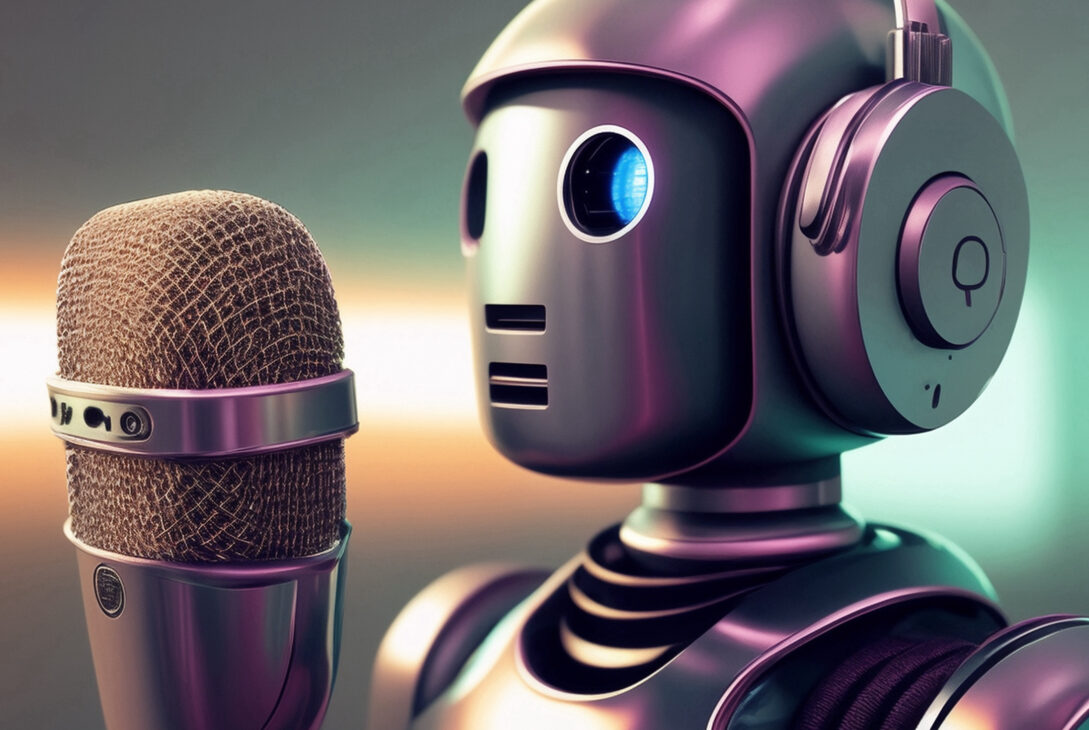Actors have had it pretty easy up top now. The more famous ones that is – not the ones striving for bit parts in Big Girls Don’t Cry at The Grand Theatre in Blackpool, or were at the level particularly susceptible to Covid enforced shutdowns of the industry. Now, however, AI has come for them too. Voice acting has been particularly lucrative for those most recognizable of vocal expressions from the most famous of actors. Morgan Freeman, Bill Nighy, Kate Winslet and Jake Gyllenhaal make quite a little nice side hustle by using their tones to narrate audiobooks, adverts and other ancillary items.
But for even these august actors, AI is coming for them, too. AI-generated narration software such as Micromonster, Quips and revoicer.com. The latter company has become particularly popular in a matter of weeks, nay, days. All it takes is to sign up to the service, and a plethora of voices are available to, with a range of accents and emotions all waiting to be used. The company says that using the service reduces the administrative and financial pain of organizing actors and edits in post-production. Most actors say that these services still don’t deliver the words in a way that conveys the nuances and emotions of their voices, and are stilted and forced. That still hasn’t put many companies off trying though, and listeners not listening.

Photo by Pawel Czerwinski
Speaking with AI
The advances of natural language processing and machine learning have totally transformed the world of voice acting and content creation. AI can now generate human-like voices with impressive accuracy, fluency, and emotion, and are now used across various industries. Companies see many benefits to using them that include being cost-effective, more time efficient, plus they do have the benefit of having multilingual capabilities, and customization.
However, there are drawbacks, such as a lack of emotional depth, ethical concerns related to the potential replacement of human voice actors and misuse, and intellectual property rights issues. As AI-generated content becomes more prevalent, understanding the legal implications and using AI voiceovers responsibly is crucial for creators, while also embracing the new opportunities and challenges they present.




